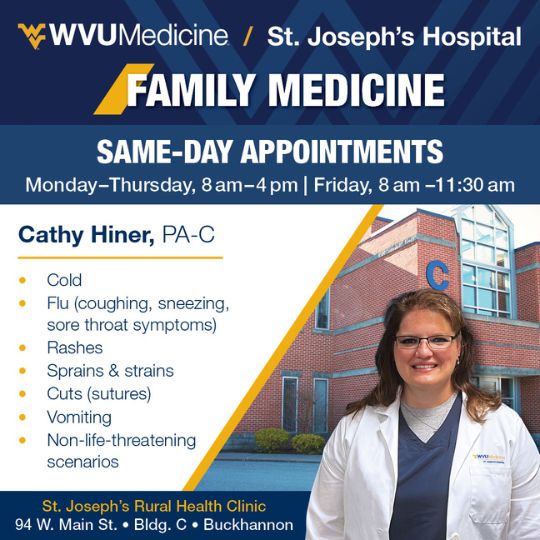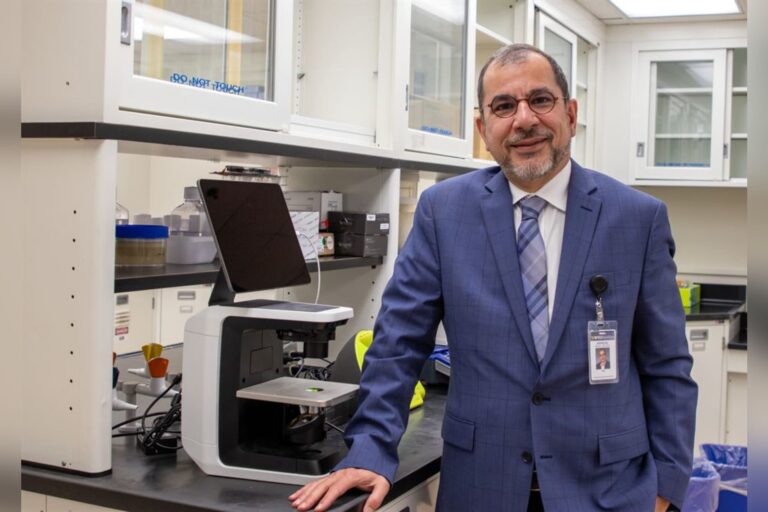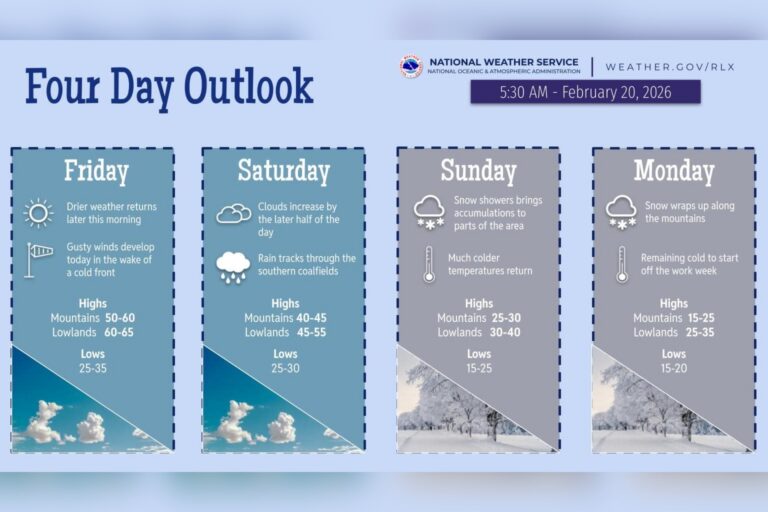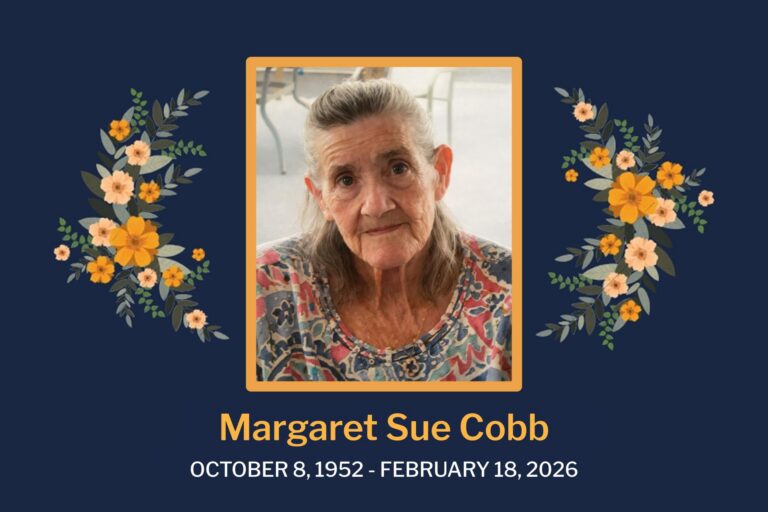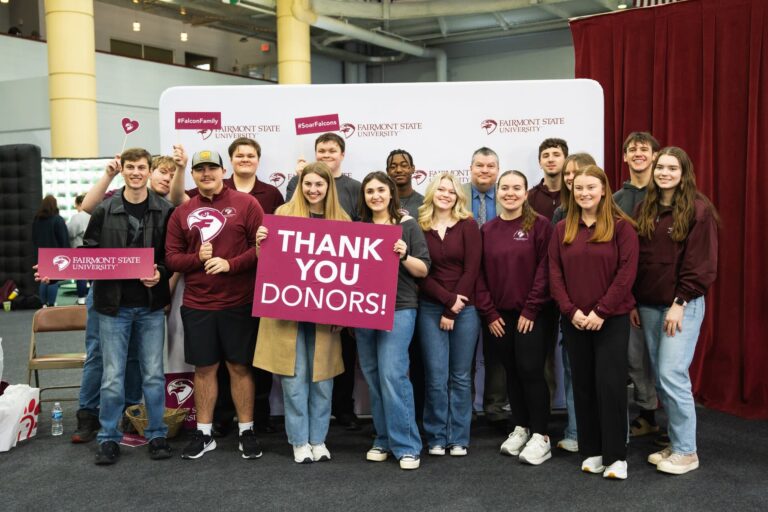Two West Virginia University researchers have designed a curriculum to engage liberal arts faculty in discussions on the social ethical and technical aspects of artificial intelligence and its role in classrooms.
Through a grant from the National Endowment for the Humanities, Erin Brock Carlson, assistant professor of English, and Scott Davidson, professor of philosophy, both at the WVU Eberly College of Arts and Sciences, have designed an interdisciplinary, cross-institutional program to facilitate conversations among faculty about the benefits and drawbacks of AI, how it functions and the need for human interpretation.
The award will fund a summer workshop in which Carlson and Davidson will offer AI trainings for humanities faculty and guide them through creation and development of courses with an AI component. The researchers will then assist as faculty offer those courses to students, assess progress and help with the implementation of the projects that develop.
The researchers said they hope to challenge the notion that artificial intelligence research falls into the domain of STEM fields.
“The humanities gets overlooked and underappreciated so often,” Carlson said. “We are doing important, meaningful research, just like our colleagues in STEM and other fields. This is a chance to use a humanities lens to examine contemporary problems and developments like artificial intelligence and also to get conversations going between fields that oftentimes don’t talk to one another as much as we should.”
Co-directors Carlson and Davidson will be joined by a team of mentors and fellows — two from data science fields and two from the humanities perspective — that will serve and assist as resources in the interdisciplinary conversations. The seminar and summer workshops will support the creation or redesign of 10 courses. They plan to invite off-campus experts to help facilitate the workshops, work with the faculty and support their projects.
“It’s really about expanding capacity at the University and in the humanities to investigate the implications of AI or to actually use AI in humanities courses, whether it’s for writing, creating art or creating projects through the use of AI,” Davidson said. “There are a lot of different possibilities and directions that we hope these courses take. If we have 10 of them, it’s really going to have a big impact on humanities education here at the University.”
Carlson and Davidson acknowledge that attitudes about AI tend to be either extremely optimistic or extremely skeptical but that the reality is somewhere in the middle.
“AI is such a simplistic term to describe a whole suite of different technologies and developments that folks are dealing with every day, whether they know it or not,” Carlson said, noting that discussions could focus on personal, social and economic impacts of AI use as well as how it affects character and intellectual values.
Davidson was inspired to focus on AI when he found an erroneous, AI-generated summary of one of his own articles.
“It was totally wrong,” he said. “I didn’t say those things, and it made me think about how somebody might look me up and find that summary of my article and get this false impression of me. That really highlighted that we need to build an understanding in students of the need to inquire deeper and to understand that you have to be able to evaluate AI’s accuracy and its reliability.”
Carlson and Davidson said the conversations need to consider AI’s drawbacks as well. Using AI consumes large amounts of water and electricity resulting in greenhouse emissions. Data centers produce electronic waste that can contain mercury and lead.
They also intend to follow legal cases and precedents surrounding the use of AI.
“That’s another aspect of AI and the ways that it represents people,” Carlson said. “Because it has a very real, material impact on people in communities. It’s not just a super computer in a room. It’s a network that has a bunch of different implications for a bunch of different people, ranging from jobs to familial relationships. That’s the value of the humanities — to ask these tough questions because it’s increasingly difficult to avoid all of it.”
Conversations, as they expand, will need to keep up with the pace of AI’s rapidly developing landscape.
“There’s going to be a lot of people involved in this,” she said. “We put together an amazing team. We want it to be an open, honest and ethical conversation that brings in other folks and opens up further conversations across the College and the University at large.”



